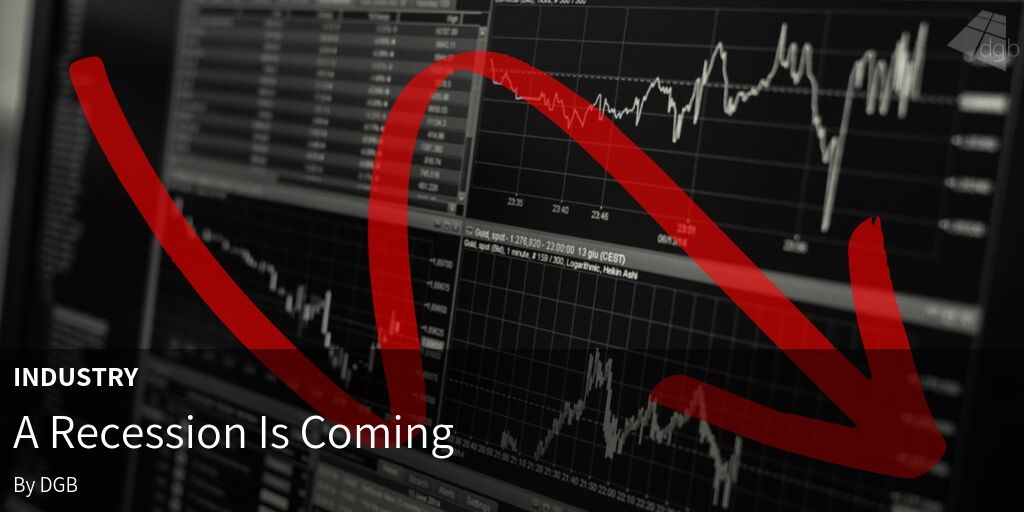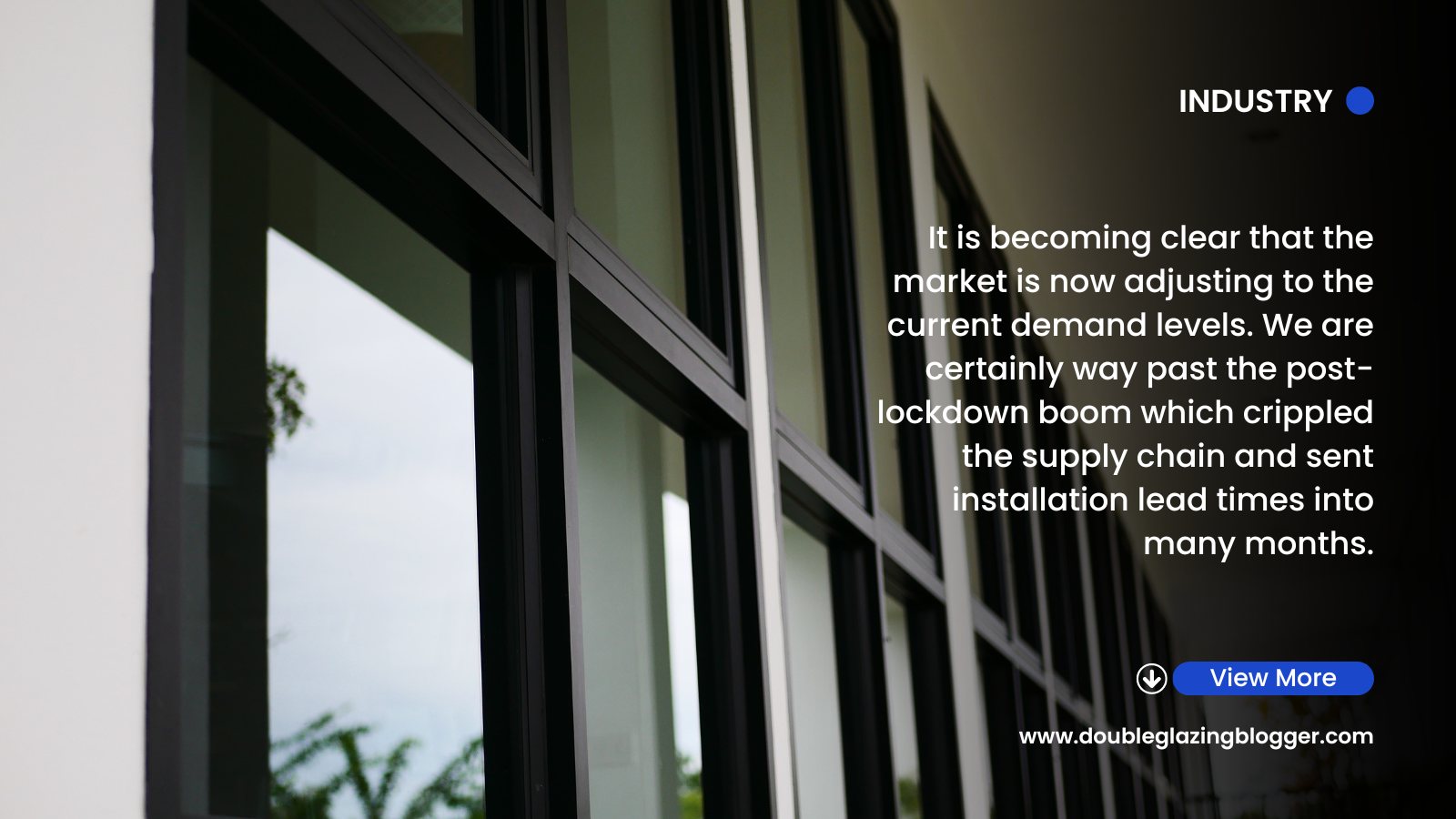It was only a short time ago where it was said that there was little to no chance of recession in 2020. Yesterday, we saw the UK PMI (purchasing managers index) fall to 49.5 in the month of September. Readings above 50 show expansion, below shows decline. This news came on the back of Q2 GDP figures which showed a drop of 0.2%.
Before we all jump on the Brexit bandwagon as the sole cause of blame, its important to look at the bigger picture, and what we can do as an industry to help stave off any effects of the coming recession.
US & Europe in decline
Across the pond big things are starting to happen to the US economy. It was confirmed recently that GDP growth in the second quarter was 2%, down from 3.1% in the previous quarter. That’s a 1.1% slowdown, which in the biggest economy on the planet is a big deal. The US is currently in a trade war with China, and both economies now appear to be suffering. China is also reporting weaker economic data in the past few months, which has some analysts concerned. The US has also opened up a new front in the trade, imposing $7.5bn in tarrifs on the EU after the WTO ruled in favour of the US after a long running dispute. The EU looks set to respond in kind.
Speaking of Europe, the EU was only just in growth in Q2 at 0.2%. Germany, the Euro area’s largest economy, posted a decline of 0.1% in September. There is a wide-held view among analysts that Germany, if not the whole EU area is close to recession, if not there already. Whilst Brexit may play some part in that, there are much bigger global forces at play which are having a bigger impact.
Back in the US, things are starting to become a little rocky. Not only is GDP growth slamming on the breaks, but the New York Fed in September for three days injected tens of billions of dollars into the credit markets to shore up short term lending. If you think that kind of problem sounds familiar, you’d be right. It all sounds a bit credit-crunchy. You’d hope that this was only a one-off event, but its easy to get twitchy when you hear a central bank is injecting money to keep parts of the financial market stable.
In Europe, the EU decided in September to restart its QE (quantitative easing) programme. QE is often known as printing money. In reality, its where a central bank, in this case the ECB, starts buying things like government securities (bonds) in order to inject more money into the markets. If you remember, QE was used heavily after the Great Recession to kick start the global economy again. Its not been used in a while, due to the assumption that we’re all on the right track. The ECB choosing to restart QE demonstrates that all is not well close to home.
So, as an industry, why does all the above matter to us?
No heads in sand
I’m sure we all remember the Great Recession. Rooted in the collapse of Lehamn Brothers, sending a shockwave through financial markets threatening the demise of banking infrastructure and even social chaos. It was in the following weeks and months that we saw the real-world effects as the world was plunged into one of the worst and most dramatic recessions ever seen.
For the window industry, it resulted in a huge swathe of companies going to the wall and a series of tough years thereafter. The past five years have been pretty good though. That being said, economic cycles run on average ten to eleven years at a time, which means we’re about at the end of this one, so its natural to assume that growth would slow down. I guess the thing that is most striking is that in the US and China, growth has started to slow quite dramatically. Given that these two countries are the powerhouses of the global growth machine, if these two start to slow down, the rest of the world is almost guaranteed to.
The fenestration industry therefore has to be aware of the risks in the coming month and ensure that they are being as proactive as possible. It must make sure not to cut back on marketing. Its tempting to bury heads in sand, cut everything possible in a bid to save money and reduce costs. But, its exactly during the rougher times that we all must do more on the marketing front to make sure we give home owners as compelling a reason possible to keep investing in their homes and renovations.
Trying to guess the length and depth of any recession is almost impossible. We were told in the 2008/2009 recession that it would be a short, sharp shock. Turned out to be much more than that. So, its important not to get caught up in the media hype of it all. There is a risk that we can talk ourselves into making it worse. If a recession is coming then its coming, positive talk won’t hold it off. But we can make sure its effects are as minimal as possible by keeping the marketing we do brisk and in the faces of our key demographics, and ensure that we simply keep our heads down and work as hard as we can.
To get weekly updates from DGB sent to your inbox, enter your email address in the space below to subscribe:
By subscribing you agree to DGB sending you weekly email updates with all published content on this website, as well as any major updates to the services being run on DGB. Your data is never passed on to third parties or used by external advertising companies. Your data is protected and stored on secure servers run by Fivenines UK Ltd.








I’m in domestic architecture and have noticed a real drop off in new client enquiries for the last 6 months or so. We’re a good barometer for future work as it takes around 6 months for our work to feed through to ordering new double glazing, bifold doors, new carpets etc for extensions and loft conversions we draw. I’d say we’ve (in my industry) have been in recession for at least 6 months.
Thanks for your input, Jeff. A lot depends on the company and the field. Plus type of marketing. Many in the residential market are busy and others slow. Often depends on what angle they tackle the market and how they are perceived by the public. Hope things pick up for you.